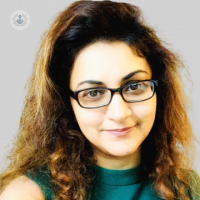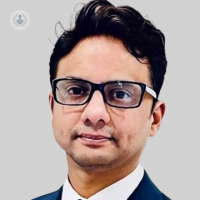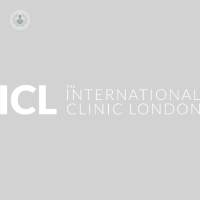Learning disabilities
Dr Saadia Arshad - Psychiatry
Created on: 11-13-2012
Updated on: 10-17-2023
Edited by: Jay Staniland
What are learning disabilities?
The term learning disabilities, also referred to as learning difficulties refers to a group of disorders that affect a person's ability to acquire, process, store, and retrieve information. These disorders can cause impairments in basic cognitive processes, affecting how the brain processes information, and impacting academic achievement, daily functioning, and social interactions. Learning disabilities are not indicative of a person's intelligence; individuals with learning disabilities often have average or above average intelligence.
Learning disabilities may be treated by a wide range of specialists, from psychologists, psychiatrists, and neurologists.

Common types of learning difficulties/disabilities:
-
Dyslexia
Dyslexia is a specific learning disability that primarily affects reading, spelling, and writing. People with dyslexia may have difficulty recognising and decoding words. -
Dyscalculia
This affects a person's ability to understand and work with numbers, often leading to difficulties in areas like mathematics. -
Attention Deficit/Hyperactivity Disorder (ADHD)
ADHD is not strictly a learning disability, but it can affect a person's ability to focus, control impulses, and regulate activity levels, which can affect learning. -
Autism Spectrum Disorder (ASD)
ASD is not strictly a learning disability, but it can affect social interaction, communication, and behaviour which can have an impact on learning. -
Specific Language Impairment (SLI)
SLI affects the development of language skills, including speaking, understanding, and using language effectively. -
Non-Verbal Learning Disability (NVLD)
This primarily impacts spatial and visual processing, which can affect tasks like mathematics, but not necessarily reading.
Symptoms of a learning disability
The symptoms are not the same in all children, nor do they manifest with the same intensity. The most frequent include impulsiveness, motor restlessness, difficulty paying attention and concentrating, difficulty with memory tasks, lack of behavioural inhibition and self-regulation.
These aspects have important repercussions in everyday life. Many of the children may have emotional problems such as low self-esteem and an inability to adequately express their emotions and feelings.
What are the causes of learning disabilities?
Research has found that there is a clear genetic component, meaning that learning disabilities may be inherited.
There are also perinatal risk factors such as the consumption of tobacco, alcohol and drugs during pregnancy, and delivery complications that may cause brain damage.
In addition, though less frequent, social-environmental factors may also have some effect on the seriousness of symptoms.
Can learning disabilities be prevented?
Although the relationship between the child and the family is not a direct cause of learning disability, negative environments should ideally be avoided as they make it harder for the individual. It is recommended to provide stimulation to the child from birth in order to promote their psychomotor and intellectual development, and that good communication be maintained between the child and the parents. At home, the child’s exposure to conflicts should be minimised as these may cause anxiety or emotional blocks.
Punishing the child for their learning disability, for example for lack of progress, is counterproductive as this can lead to feelings of shame and guilt, causing the child to lose interest.
A combination of good communication and constant stimulation will lead to better development and learning capabilities.
What is the treatment?
It is important to diagnose the problem as early as possible in order to avoid greater complications in the child’s development and to introduce therapy based on a psycho-educational intervention, combining physical therapy, psychology and/or speech therapy, depending on the disability. The right therapy can change a patient’s life.
People with learning disabilities should receive proper support and accomodations to help them to be successful in education and in other aspects of life.
It is also vital that the child's parents and teachers receive guidance on how to deal with the learning disability at hand.








